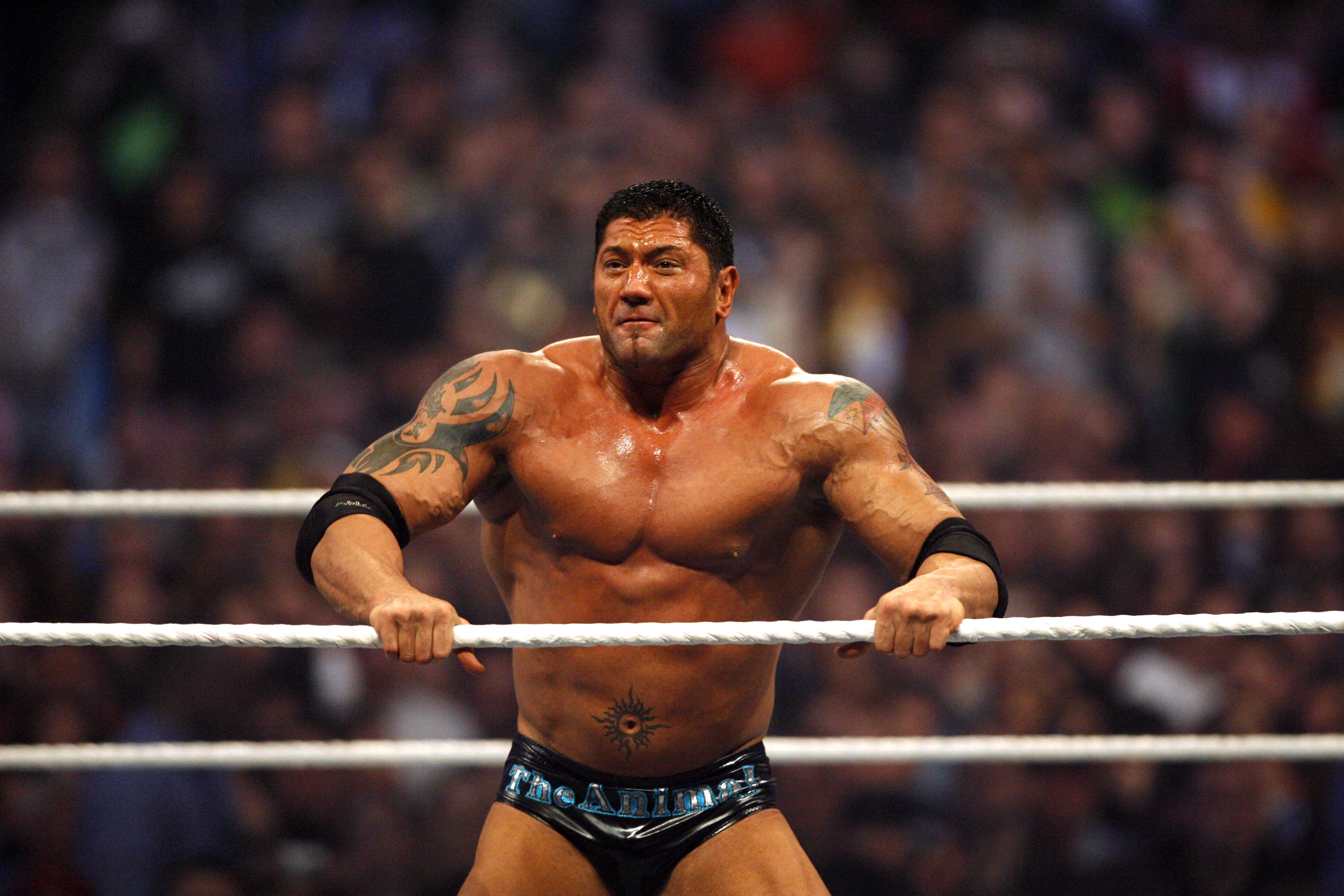Understanding the Batista ethnicity opens a window into a rich cultural tapestry woven with history, traditions, and diverse influences. For many, the name Batista may evoke images of wrestling or mixed martial arts, thanks to the fame of individuals like Dave Batista. However, the ethnicity itself has deep roots that reach far beyond sports and entertainment. It represents an amalgamation of cultural identities predominantly found in Latin American countries, particularly in the Caribbean and South America.
The Batista surname is often associated with individuals of Hispanic or Latino descent. This ethnicity is characterized by a blend of Indigenous, African, and European heritages. The historical context surrounding the Batista name reflects the complex stories of migration, colonization, and social dynamics that shaped the cultures where this surname is prevalent. As we explore the Batista ethnicity, we not only delve into its origins but also examine how it has evolved and influenced individual identities across generations.
In this article, we will discuss the key aspects of the Batista ethnicity, including its historical significance, cultural heritage, and the impact of prominent figures like Dave Batista on its visibility in popular culture. Join us as we navigate through this fascinating subject, uncovering the layers of meaning behind the Batista name and its connection to identity.
Read also:Explore The Thrill Of Harmoniclast A Comprehensive Guide To The Ultimate Adventure
What is the Origin of the Batista Ethnicity?
The Batista surname has its roots primarily in the Spanish-speaking world, with significant presence in countries such as Cuba, the Dominican Republic, and Puerto Rico. The origins of the name can be traced back to the Latin word "baptista," which translates to "baptizer," possibly linked to religious figures or practices. Over time, the name has evolved, and its bearers have played various roles in society, from political figures to artists and athletes.
How Has History Shaped the Batista Ethnicity?
Throughout history, the Batista ethnicity has been shaped by various social and political changes. The transatlantic slave trade brought African influences to the Caribbean, while colonialism introduced European elements to the region. This blend of cultures has created a unique identity for those who identify with the Batista surname. Events such as the Cuban Revolution and the diaspora of Batista descendants around the globe further highlight the historical significance of this ethnicity.
What Are the Cultural Contributions of the Batista Ethnicity?
The Batista ethnicity has contributed significantly to the cultural landscape of Latin America and beyond. Notable contributions include:
- Art: Many individuals with the Batista surname have made a mark in the visual arts, music, and literature.
- Sports: The most famous Batista, Dave Batista, has achieved global recognition as a professional wrestler and actor, showcasing the athletic prowess associated with the ethnicity.
- Politics: Historical figures bearing the Batista name have played crucial roles in shaping the political landscapes of their respective countries.
Who is Dave Batista and What is His Connection to the Batista Ethnicity?
Dave Batista, born David Michael Bautista Jr. on January 18, 1969, is an American actor, producer, and retired professional wrestler. He is of Filipino and Greek descent, which adds layers to the understanding of his background. Although he does not directly represent the Batista surname's Hispanic roots, his fame has brought attention to the diverse cultural identities associated with the name.
Personal Details and Bio Data of Dave Batista
| Detail | Information |
|---|---|
| Name | David Michael Bautista Jr. |
| Born | January 18, 1969 |
| Occupation | Actor, Producer, Former Professional Wrestler |
| Nationality | American |
| Ethnicity | Filipino and Greek |
How Has Dave Batista Influenced the Perception of the Batista Ethnicity?
Dave Batista's success in the wrestling industry and Hollywood has led to increased recognition of the Batista name. While his personal ethnicity may differ from the traditional Hispanic roots of the Batista surname, his accomplishments have provided a platform for discussions about cultural identity and representation. As an influential figure, he has opened doors for conversations about the diversity within ethnicities and the complex narratives that define them.
What Challenges Do Individuals with the Batista Ethnicity Face?
Like many ethnic groups, individuals identifying with the Batista ethnicity may face certain challenges, including:
Read also:Is Katie Leclerc Deaf In Real Life Unveiling The Truth Behind Her Life And Career
- Identity Struggles: The blending of multiple cultures can lead to confusion regarding one’s identity, particularly for younger generations.
- Stereotyping: Individuals with the Batista surname may encounter stereotypes based on their ethnicity or cultural background.
- Representation: Limited representation in mainstream media can lead to a lack of understanding and appreciation for the rich cultural heritage associated with the Batista ethnicity.
How Can We Celebrate the Batista Ethnicity?
Celebrating the Batista ethnicity involves acknowledging its diverse roots and contributions to society. Here are a few ways to honor this rich heritage:
- Engage with Cultural Events: Participate in festivals or events that showcase Latin American culture.
- Support Artists and Creators: Explore and support works by artists, musicians, and writers who identify with the Batista ethnicity.
- Educate Others: Share knowledge about the cultural significance of the Batista surname and its diverse heritage.
Conclusion: Embracing the Batista Ethnicity
In conclusion, the Batista ethnicity represents a unique blend of cultural identities that have evolved over time. While the name itself may be associated with various individuals, including the renowned Dave Batista, its roots delve deep into the histories and traditions of Latin America. By understanding and celebrating the Batista ethnicity, we can foster greater appreciation for the diversity that enriches our world.


